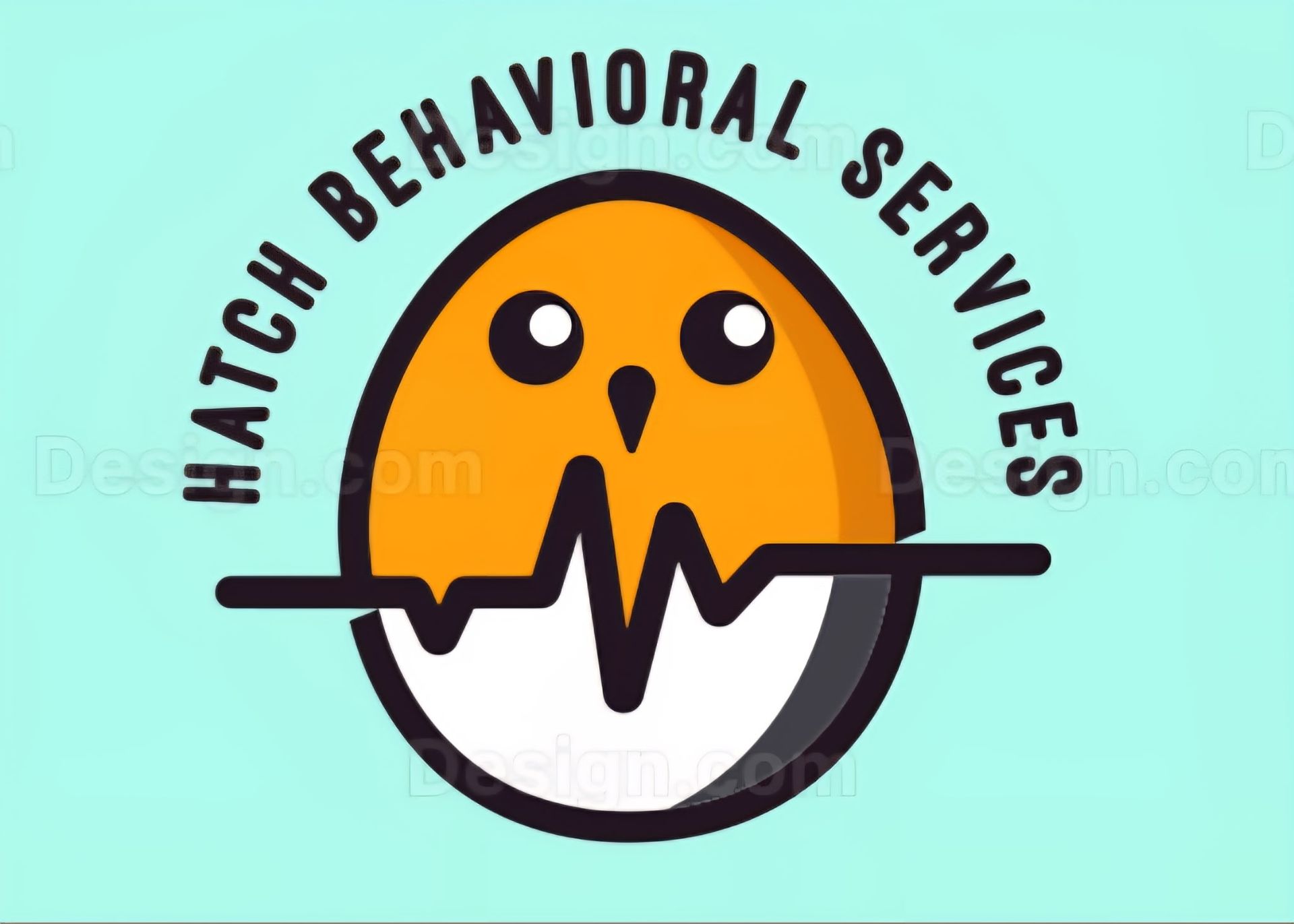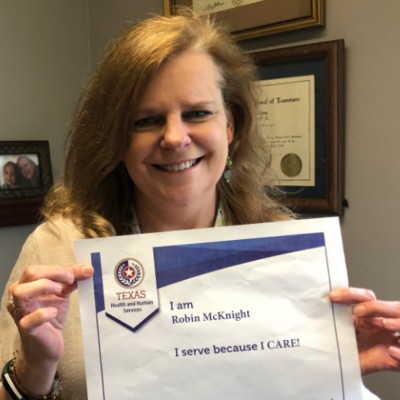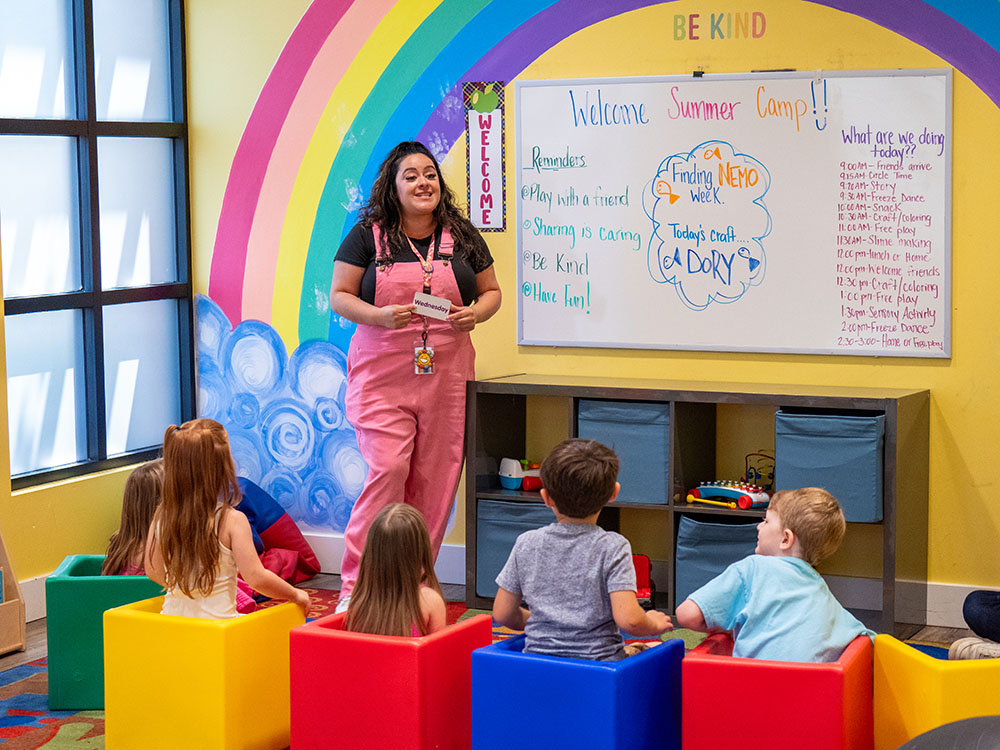
In-School ABA Therapy: Bringing Support Into the Classroom
Applied Behavior Analysis (ABA) therapy can be delivered in many different settings, and for some children, the school environment is where they need the most support. In-school ABA therapy places a trained professional directly in the classroom, helping students navigate academic demands, build social skills, and participate more fully in the learning process. This approach ensures that therapy aligns with a child’s daily educational experience, providing real-time support where challenges naturally occur.
What is In-School ABA Therapy?
In-school ABA therapy involves a Registered Behavior Technician (RBT) working with a child during the school day under the supervision of a Board Certified Behavior Analyst (BCBA). Therapy may take place inside the classroom, during transitions, or in small group settings. The goal is to reduce barriers to learning, increase positive behaviors, and foster success in an academic environment. Collaboration with teachers and school staff is a central component, ensuring that strategies are consistent and practical within the educational setting.
Benefits of In-School ABA Therapy
When schools allow ABA therapists to provide services on campus, students can experience a range of benefits:
- Academic Support: Therapists help children follow instructions, stay on task, and complete assignments.
- Peer Interaction: Real-time coaching during group activities helps children practice social and communication skills.
- Behavior Management: Problem behaviors are addressed in the moment, reducing classroom disruptions and supporting positive participation.
- Consistency: Strategies are aligned with both school and home, creating a unified plan for success.
- Collaboration: Teachers and therapists share insights and work together to support the child’s progress.
Advocacy: Gaining Access to In-School Therapy
While in-school ABA therapy can be highly effective, not all schools automatically allow outside providers into classrooms. Parents may need to advocate for these services by working with the school administration, explaining the value of therapy, and ensuring it complements the child’s Individualized Education Plan (IEP). Advocacy is an important part of making in-school therapy possible, and families should know that collaboration between schools and therapy teams often leads to the best outcomes.
Who Can Benefit Most From In-School Therapy?
In-school ABA therapy is especially helpful for children who:
- Struggle with classroom behaviors such as attention, transitions, or following multi-step directions.
- Need extra support developing friendships and social skills with peers.
- Have goals tied directly to academic performance and classroom participation.
- Benefit from hands-on support in structured group settings.
Parental Role in In-School Therapy
Even though parents are not present during the school day, their involvement remains essential. Families can:
- Communicate Regularly: Stay in contact with both the school and therapy team to track progress.
- Support Generalization: Reinforce at home the skills children practice in the classroom.
- Participate in Planning: Ensure therapy goals align with both academic needs and home priorities.
Recap: Why In-School ABA Therapy Matters
In-school ABA therapy provides targeted support in the very environment where children spend much of their day. By combining academic assistance, behavior management, and peer interaction coaching, it helps students succeed both socially and academically. While parents may need to advocate for access, the benefits of therapy in the classroom are clear: stronger participation, smoother school days, and better long-term outcomes. When combined with other services like in-home or community-based therapy, in-school ABA can be a powerful piece of a comprehensive care plan.
Looking for a therapist?
Get free tips in your inbox on finding a therapist who gets you.
Certified Behavior Analysts (BCBAs) to bring high-quality, compassionate ABA therapy directly to families. Our model combines modern technology, streamlined administration, and local, clinician-led care so your child can start services faster and get the support they need without the headaches of long waitlists or confusing paperwork.

Convenience
With Alpaca Health, therapy comes to you — in your home, daycare, school, or community. No stressful commutes or waiting rooms.
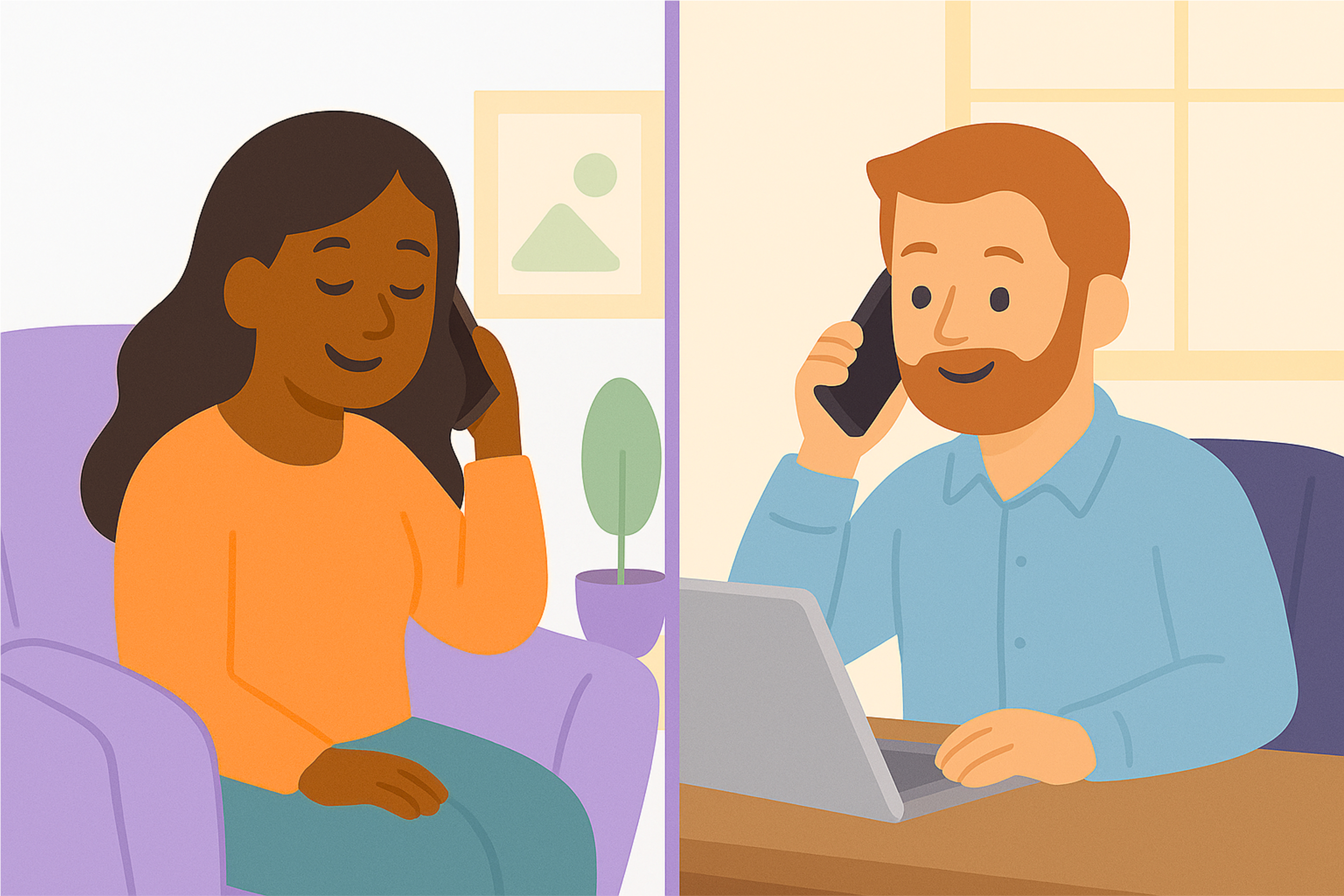
Faster Access
Because we handle insurance checks, authorizations, and scheduling in-house, families can begin therapy in weeks, not months.

Trusted Local Providers
Every Alpaca Health practice is owned and led by a BCBA. You’ll work with a local clinician who knows your community and is invested in your child’s progress.
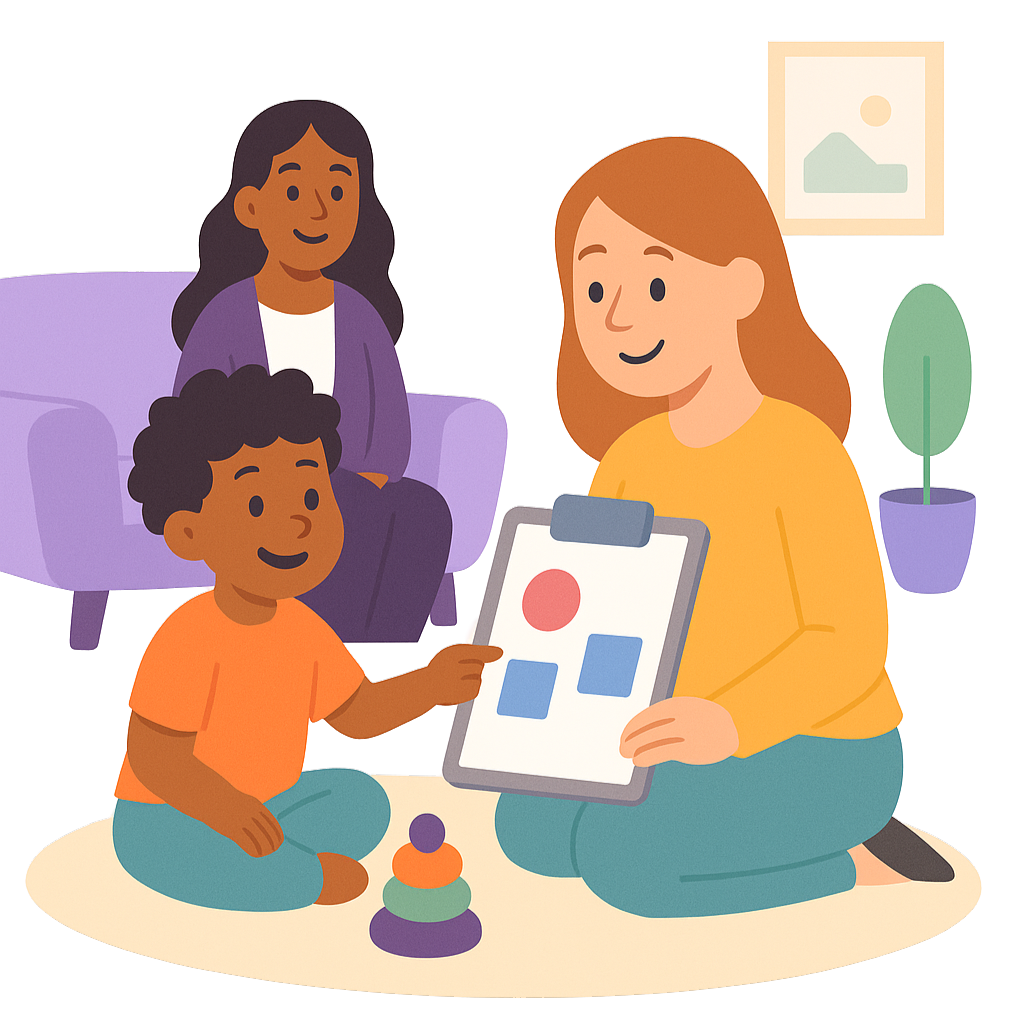
Full Support for Families
From intake to billing, our admin team takes care of the details so you can focus on your child’s growth and well-being.
What to expect from ABA therapy
01 Intake & Benefits Check
Our team verifies your insurance coverage, explains any costs, and collects background information so we can match you with the right BCBA.
We also handle prior authorizations and paperwork on your behalf, removing the stress of navigating insurance on your own.
Most families can complete this step in just a few days, so you can move quickly toward starting therapy.
02 Initial Assessment
Your BCBA conducts a comprehensive evaluation, observing your child’s communication, social, and daily living skills. They’ll also meet with you to understand your goals and priorities.
The assessment is personalized and play-based whenever possible, so your child feels comfortable and engaged.
We combine standardized measures with family input to create a complete picture of your child’s strengths and challenges.
03 Personalized Treatment Plan
Based on the assessment, your BCBA creates an individualized treatment plan with specific goals, therapy hours, and measurable milestones. This plan is submitted to insurance for approval.
We’ll walk you through the plan in plain language so you feel confident in the direction of therapy.
The treatment plan is designed to be flexible — it evolves as your child makes progress and new needs arise.
04 Ongoing Therapy & Support
A Behavior Technician works directly with your child under BCBA supervision. Your BCBA also provides parent training and progress updates, adjusting the plan as your child grows.
We track every session with data so you can clearly see improvements over time.
You’ll have consistent communication with your therapy team, ensuring you always feel supported and informed.




















